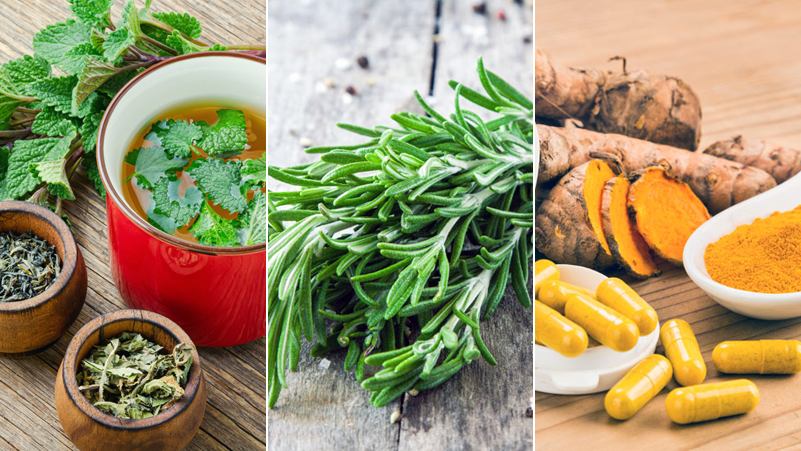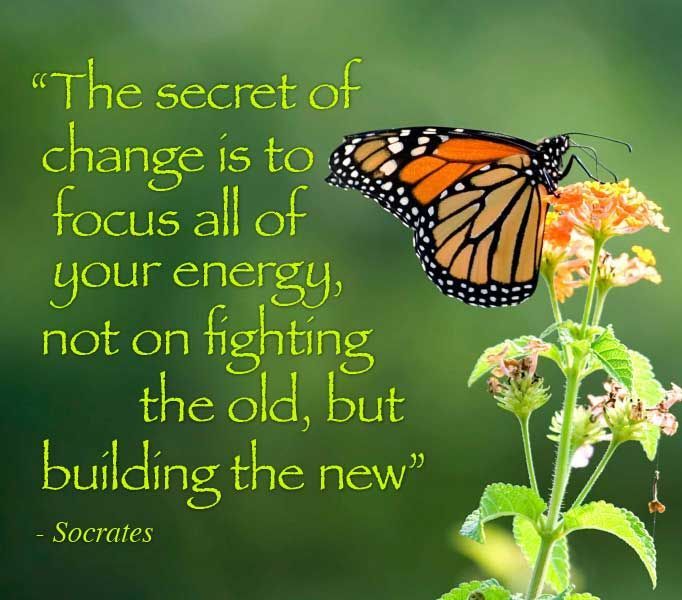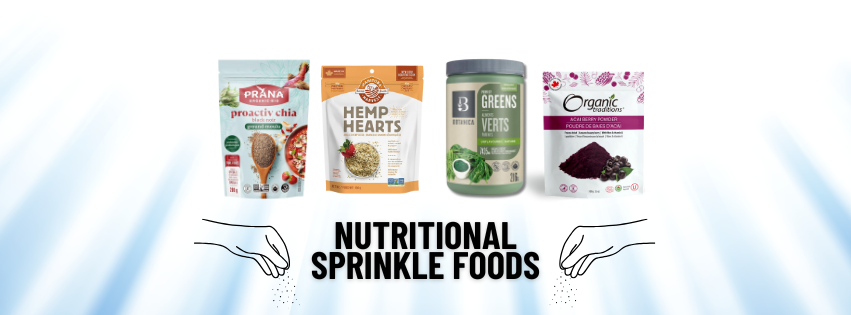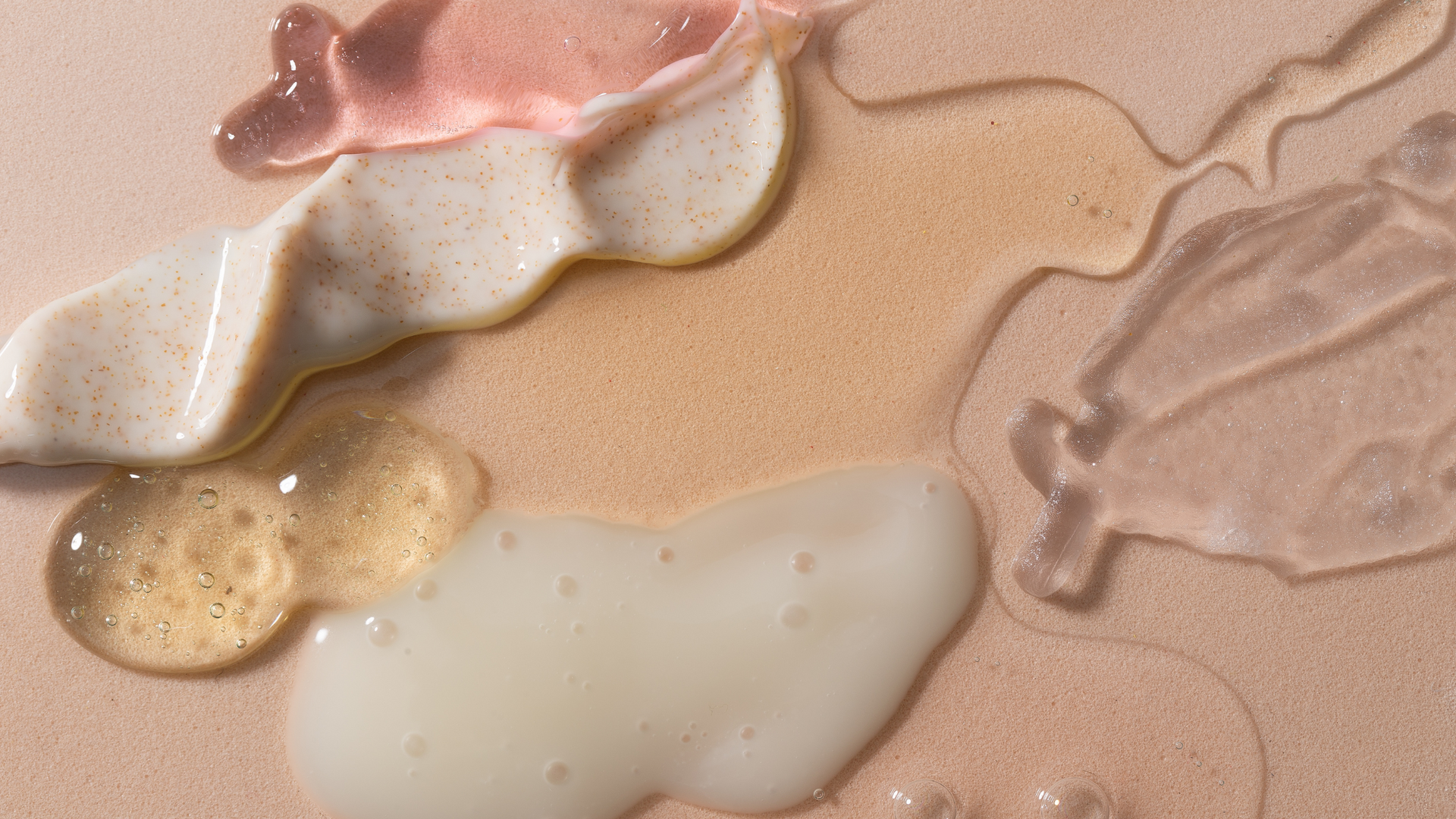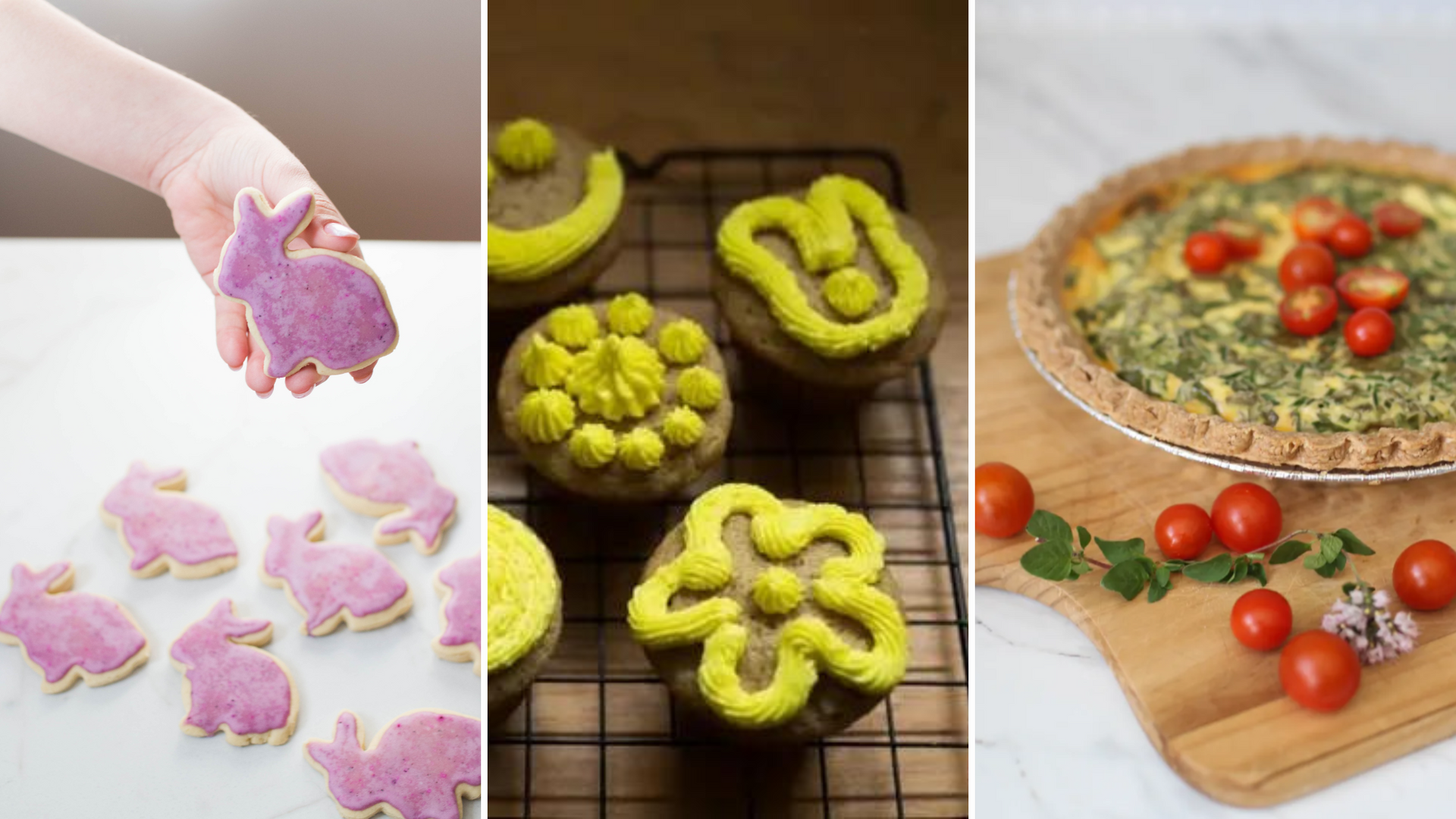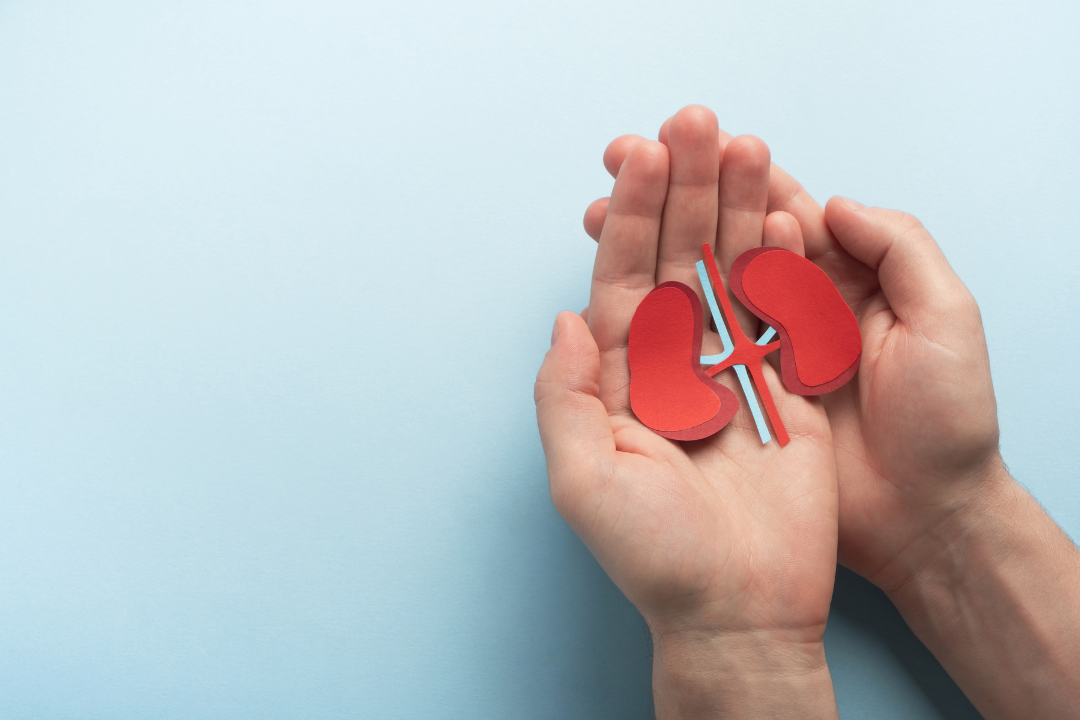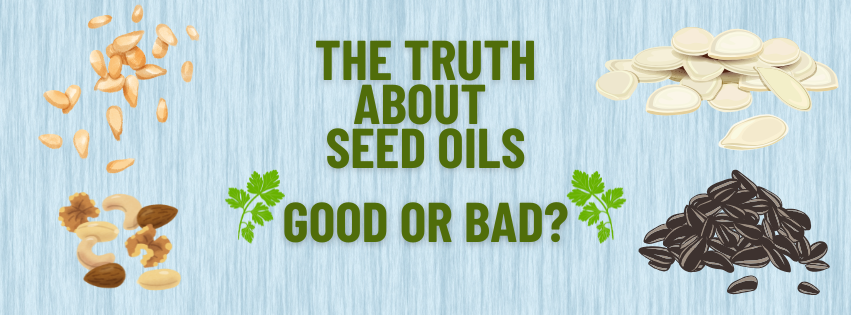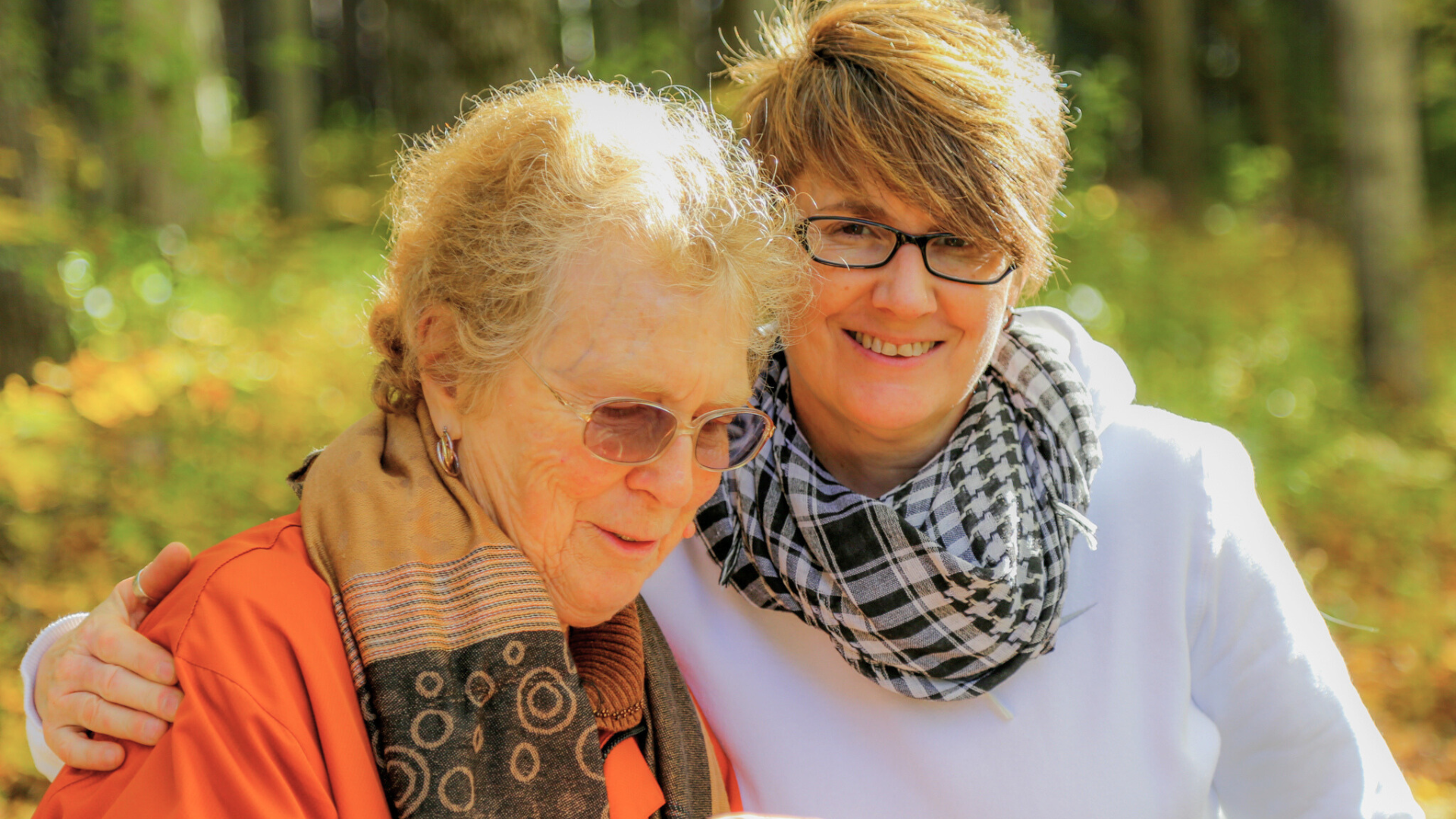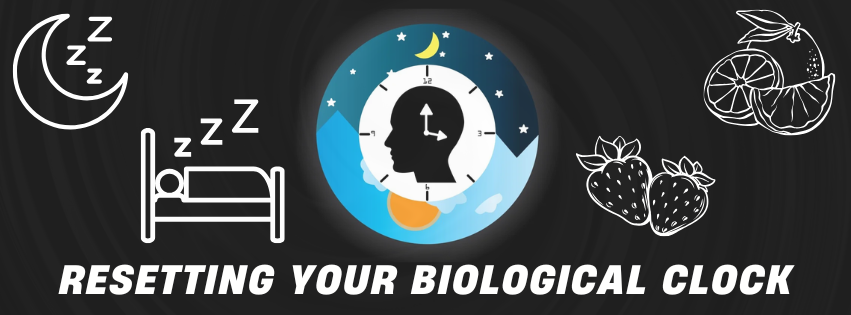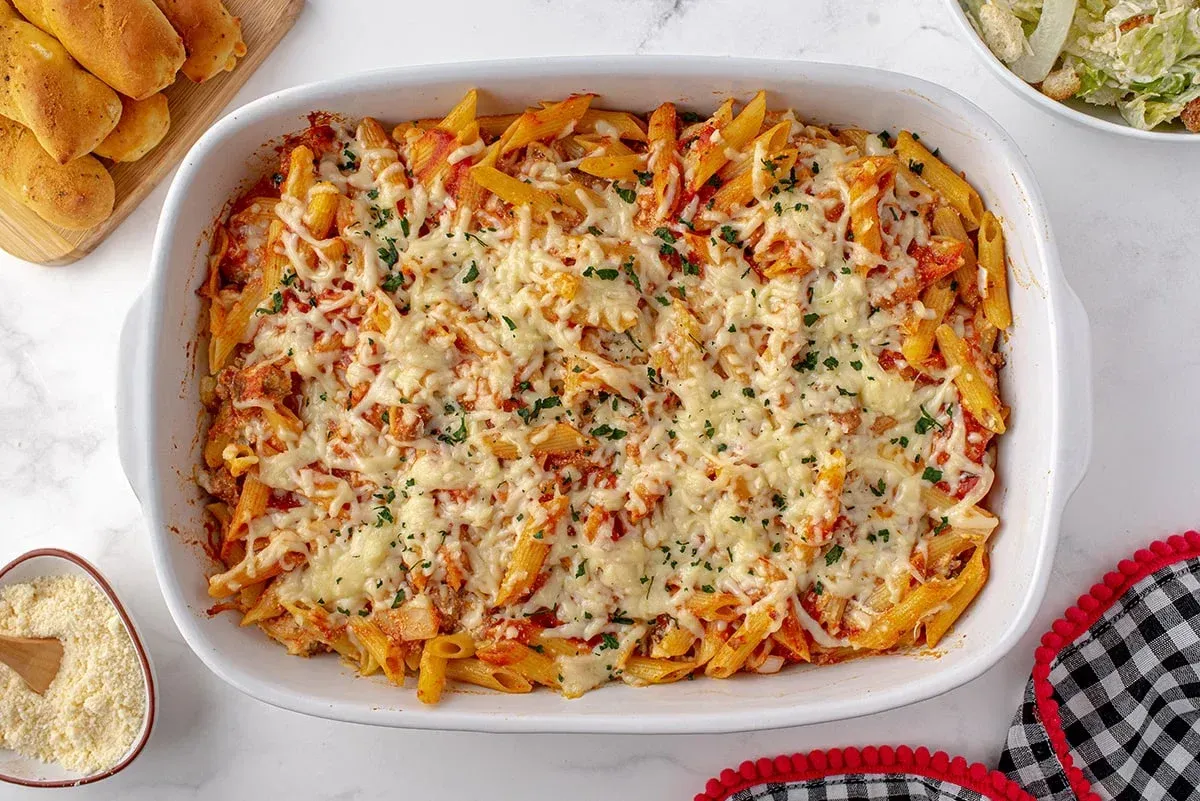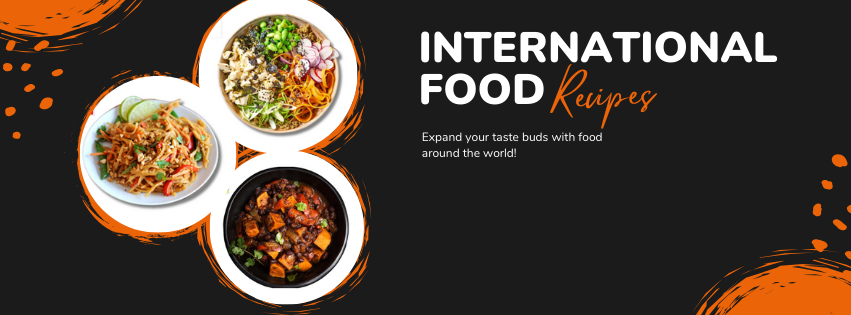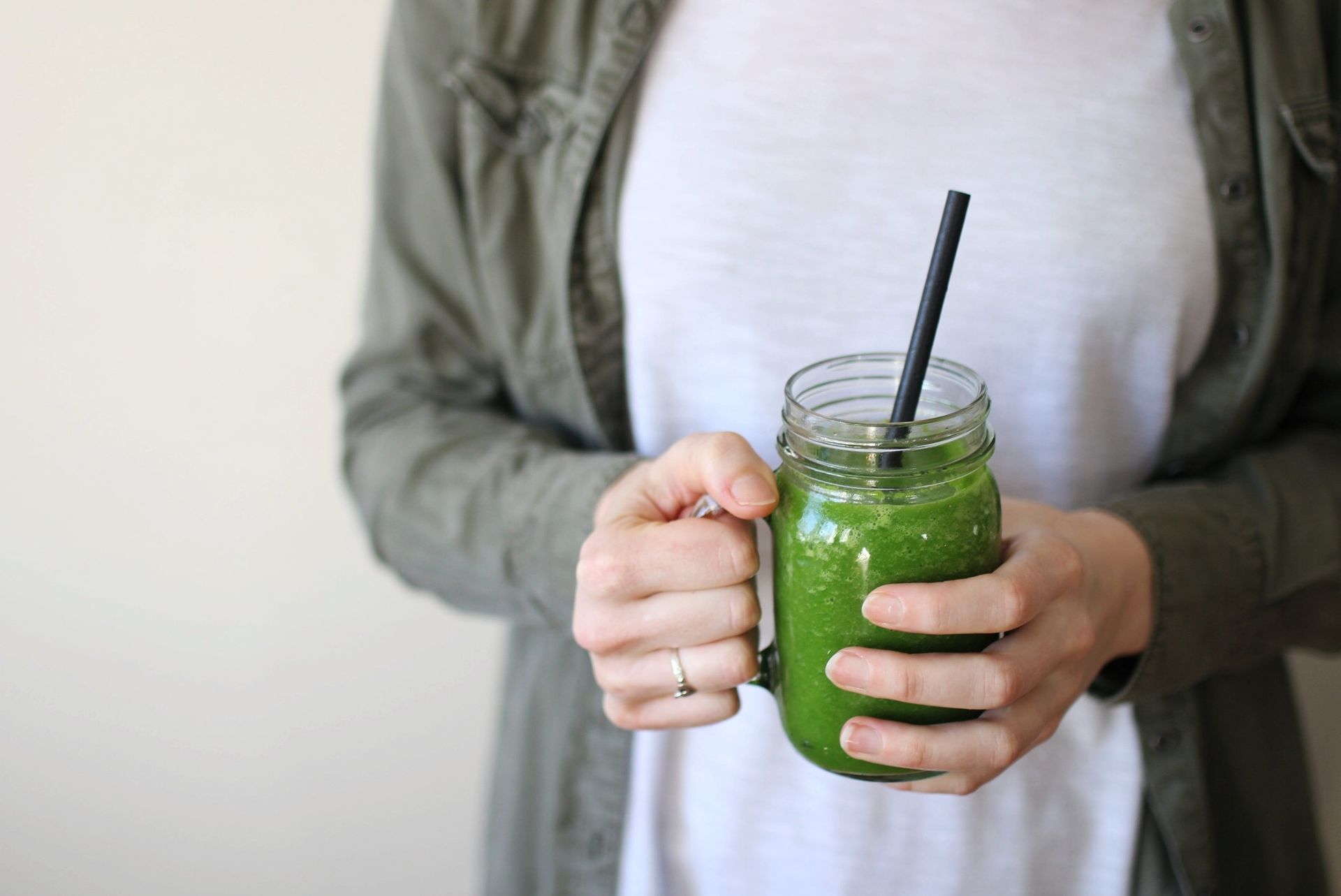By April Allen
•
March 24, 2025
This information is not intended to replace appropriate professional advice. Please check labels and consult your pharmacist if you take prescription medication. The kidneys are an amazing organ system! In Traditional Chinese Medicine they are considered, along with the adrenal glands, a master organ. They perform the critical functions of capturing and recycling nutrients and eliminating liquid acidic waste. When the kidneys fail to perform this detoxification, patients must have their blood filtered through renal dialysis. A Healing Diet - This mirrors recommendations from studies done on kidney function: Drink 7-10 glasses of filtered or spring water. Chloride is a potential carcinogen and potentially damaging to the kidneys as well as the entire body. Consume a diet that is 75-80% alkaline forming. A urine pH maintained in the range of 6.5-7.4 allows your kidneys to readily eliminate acid waste. Chemical free, organic foods are the safest for kidney health. Make vegetables, fruit, raw seeds, nuts, legumes, beans, and wholegrains the mainstays of your diet. Limit red meat and sweeteners. Studies show a whole food plant based diet and the Mediterranean diet can benefit patients with chronic kidney disease. Fermented foods improve digestion and have a positive effect on pH levels. Apple cider vinegar used as a condiment or mixed in water with meals aids in assimilating nutrients, corrects pH, and dissolves calcium and acid crystal deposits. Replace salt with Herbamare for full flavour but 1/3 the sodium. The combination of whole sea salt with other herbs provides a better sodium/potassium ratio. Cook gently. High heat causes acrylamides and advanced glycation end products, both risk factor in type 2 diabetes and cardiovascular disease. Basic Supplements – to avoid common deficiencies Bio-Strath – 100% digestible whole food tonic, providing B vitamins, minerals, antioxidants and cofactors. Used by more staff at Jo Anne’s than any other supplement. Buffered vitamin C during fall and winter months. A powerful antioxidant that protects cells from damage and degeneration. Vitamin D 8,000 IU for one month then reduce to the upper limit of 4,000. A steroid hormone precursor that reduces inflammation and the risk of infection. Magnesium – has over 300 biochemical functions. Essential fatty acids – anti-inflammatory, help regulate blood pressure and a deficiency is associated with the development of type 2 diabetes. Probiotics – intermittent use to strengthen the immune system and correct pH Dietary Aids for Kidney Health - Special foods with science backed benefits: In studies ginger, garlic, and onions improved symptoms of kidney disease and increased renal function. Regular consumption could provide significant protection. Watermelon is 92% alkaline water which helps flush the urinary system of stored toxins. It supports the liver to process ammonia thus easing the strain on the kidneys. Finally, it can actually be used to dissolve kidney stones! Some people perform a watermelon fast one day a week, eating only melon wedges when hungry. Urine testing is a convenient way to monitor chemistry. The best time to check is in the morning prior to consuming food or drinks (other than water). If it’s initially difficult to achieve readings between 6.5-7.4 take 1-2 AlkaPure pH capsules upon rising. Once optimum readings are achieved, test periodically. Special Supplements for Kidneys - For an annual or biannual kidney cleanse: Astragalus – numerous studies show this herb has a protective effect on kidneys, liver, and spleen. It is also used in the treatment of cancer, diabetes, and immune disorders. It has been shown to slow tumor growth and significantly extend the lives of those who have undergone chemotherapy or radiation. Nettle is a wonderful cleansing herb for the kidneys. It also helps with all conditions related to inflammation, including arthritis and allergies. Burdock provides a whole body detox by increasing urine output and drawing out stored toxins. It is a natural option to use instead of prescription diuretics but consult your doctor or pharmacist if you are already on diuretics before making a change. Exercise, fresh air, deep breathing with complete exhalation all benefit the kidneys. For those days that you’re pressed for time perform the 4-minute workout by Dr Zack Bush. This easy routine performed 2-3 times boosts nitric oxide production and kidney function. See it online. Following the diet and basic supplement suggestions should have a beneficial effect on your kidneys and your overall health. One of the biggest changes you hopefully will notice is an increase in energy level. Keep a journal to track your progress. *Revised July 2023

